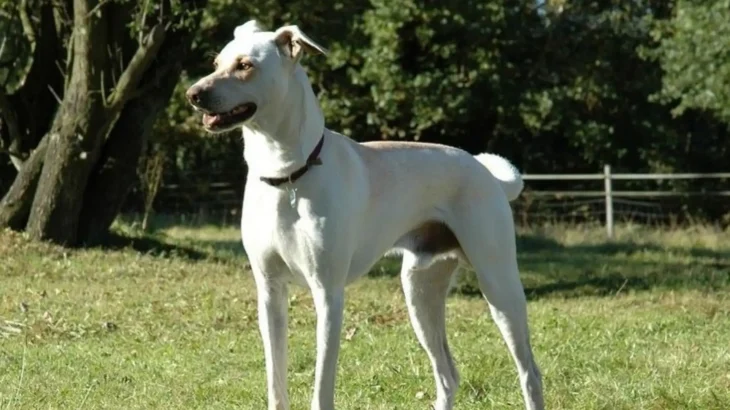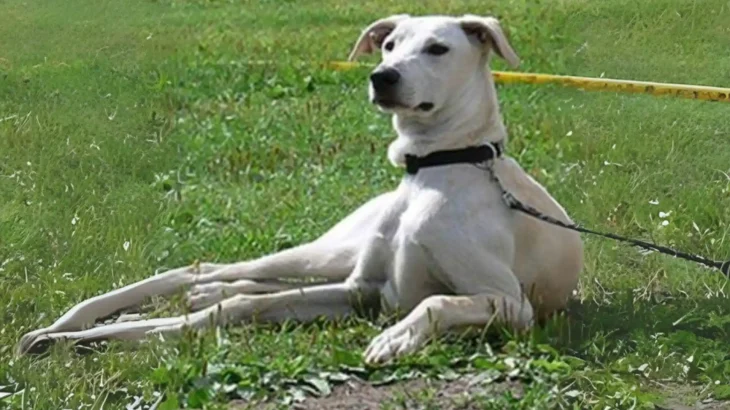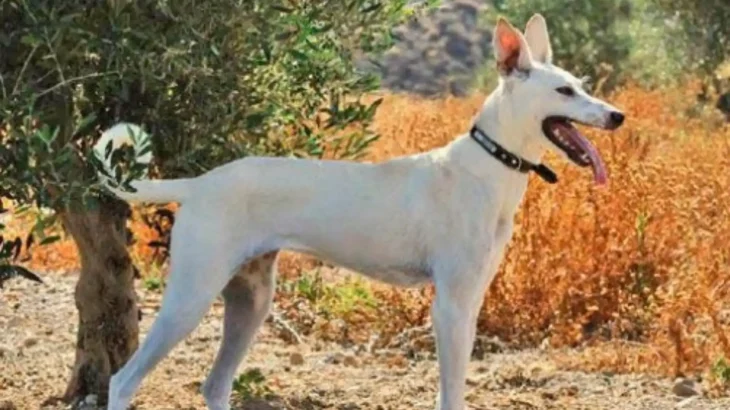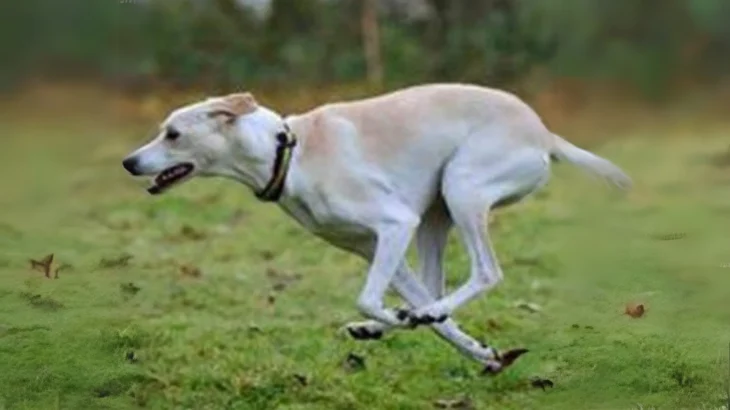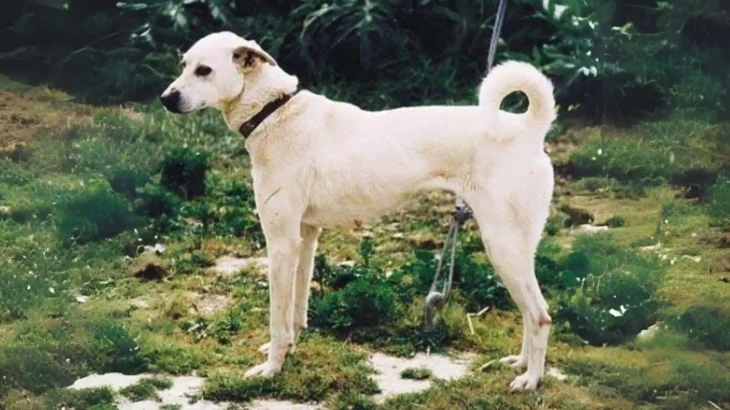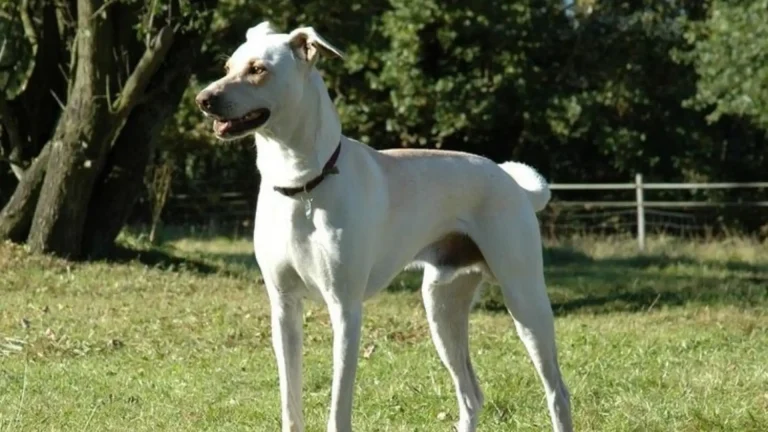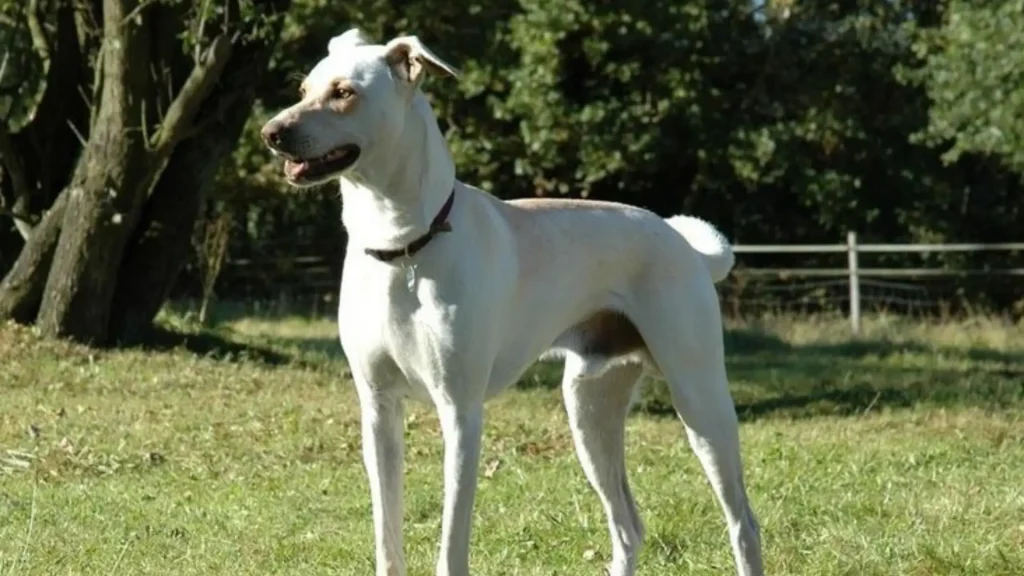Deciding between adopting or purchasing a Cretan Hound puppy involves weighing factors like health certainty, cost, and ethical considerations. While buying from a breeder offers more control over lineage and health, adopting supports giving a dog a second chance and can be more budget-friendly.
Adoption vs. Breeder: Pros & Cons
| Criteria | Buying from Breeder | Adopting from Shelter/Rescue |
|---|---|---|
| Cost | Generally higher upfront costs due to breed purity and breeder expenses. | Lower adoption fees, often including initial veterinary care. |
| Health History | Access to detailed health records and possible genetic testing. | Health history may be limited or unknown; basic vet checks are typically done. |
| Age Availability | Usually offers puppies, allowing for early-life bonding and training. | Dogs of various ages, from puppies to adults, providing more options. |
| Temperament Insight | Breeders can provide insights based on lineage and parents' behavior. | Temperament observed by shelter staff but may lack full background. |
| Supporting Practices | Supports preservation of the Cretan Hound breed through selective breeding. | Contributes to animal welfare and reduces shelter overcrowding. |
| Breed Purity & Pedigree | Guaranteed breed purity with pedigree documentation. | Breed purity often uncertain; mixed heritage is common. |

